Iran likely to deliver missile system to Syria to boost air defenses
Iranian and Syrian military officials have reportedly agreed on the delivery of missile systems to Damascus to boost the Arab country's air defenses amid increased Israeli air raids.
In a report on Thursday night, IRIB News said Iran and Syria have reached an agreement for the delivery of equipment related to air defenses and electronic warfare.
The exact detail of the agreement has not been revealed. It was clinched during a recent visit of Syria's high-ranking military officials to Iran, including Defense Minister Lieutenant General Ali Mahmoud Abbas.
After years of fighting with terrorism, "Syria needs to reconstruct the network of its air defenses and also required precision bombs for its fighter jets," the report said. "It is very likely that we will witness the supply of Iran's radars and defense missiles, such as the Khordad 15 missile system, to reinforce Syria's air defenses."
Unveiled in June 2019, the homegrown missile system is capable of detecting fighter jets and combat drones from 150 kilometers away and tracking them within a range of 120 kilometers. The system can also detect stealth targets at a distance of 85 kilometers and engage and destroy them within a range of 45 kilometers.
Using Sayyad missiles, the system is capable of simultaneously detecting, intercepting, and shooting down six targets and it can be prepared to engage hostile targets in less than five minutes.
Speaking in a Wednesday meeting with a visiting Syrian delegation led by the country's commander of air defenses, Iranian Defense Minister Brigadier General Mohammad Reza Gharaei Ashtiani said Tehran uses "all capacities" to establish security in Syria.
"The Islamic Republic of Iran has always used all its capacities to fully establish security and foil plots of transregional countries and will continue to do so; accordingly, we deem strengthening military and defense cooperation necessary because Iran is Syria's strategic depth and Syria is Iran's strategic depth."
The Israeli regime frequently launches airstrikes on Syria, mostly using the airspace of Lebanon or the occupied Golan heights. Israel mostly keeps quiet about its attacks on the Syrian territories, which many view as a knee-jerk reaction to the Syrian government’s increasing success in confronting terrorism.
It usually targets military positions, especially those of the Lebanese Hezbollah resistance movement, which has played a key role in helping the Syrian army in its fight against foreign-backed terrorists.
The Tel Aviv regime has been a main supporter of terrorist groups that have battled the government of President Bashar al-Assad since foreign-backed militancy erupted in Syria in early 2011.
Syria has repeatedly complained to the UN over Israeli assaults, urging the Security Council to take action against Tel Aviv’s crimes. The calls have, however, fallen on deaf ears.
The latest Israeli airstrike came early on Sunday, claiming the lives of five people and injuring 15 others. According to the Syrian army, the Israeli attack was launched from the occupied Golan Heights and targeted several military sites in Damascus, including the southwestern residential neighborhood of Kafar Sousah.
The statement said Syrian air defense units intercepted most missiles before reaching the targets. Following the attack, Syria urged the United Nations to take necessary measures to deter Israel’s attacks and hold it accountable for the crime.
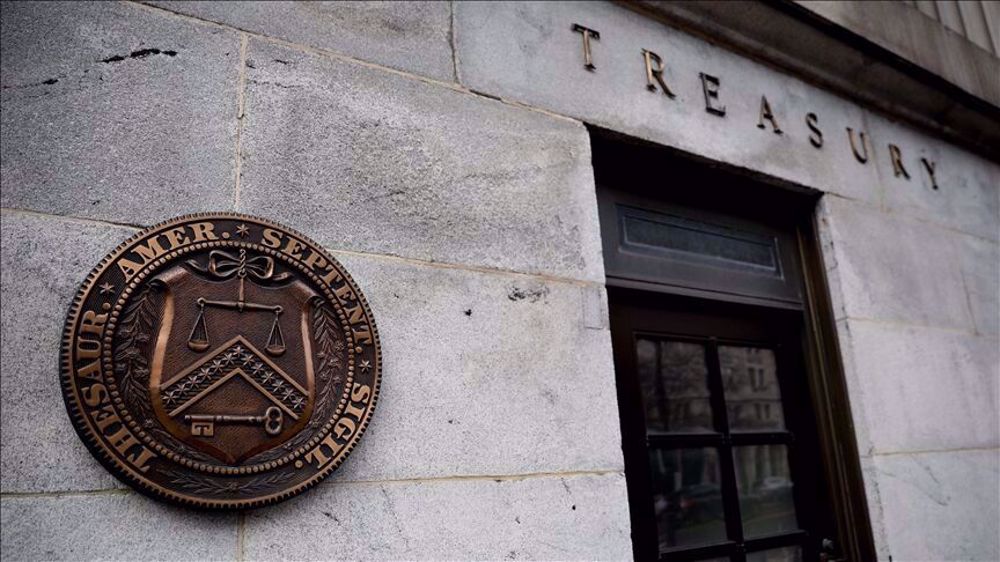
US announces new sanctions targeting Iran’s drone program
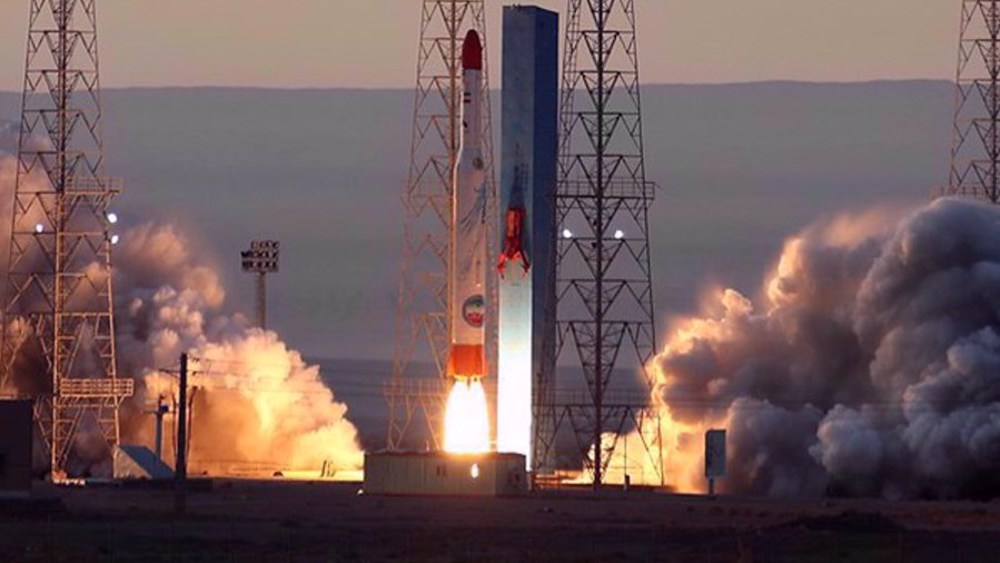
Iran to inaugurate second phase of Chabahar spaceport
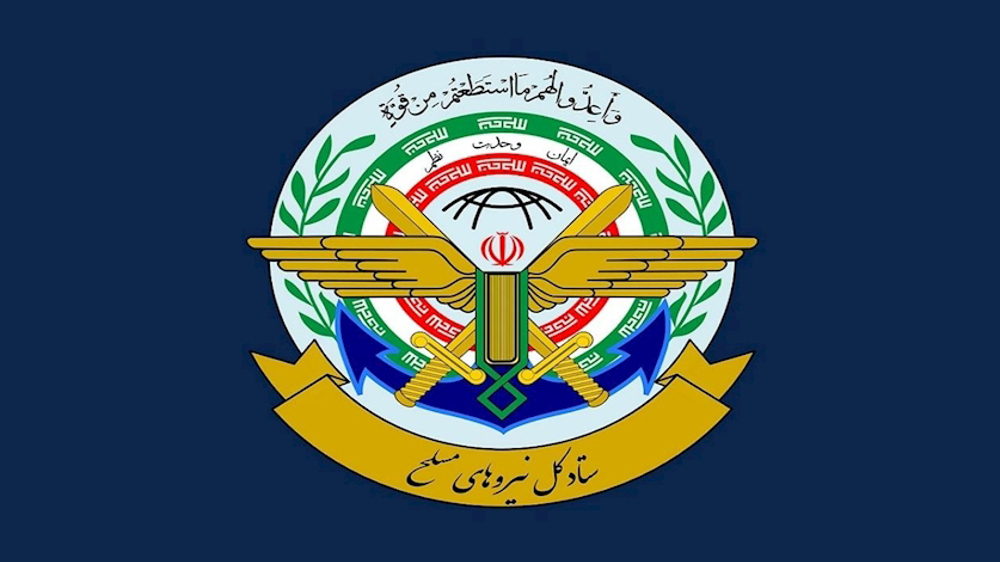
Iranian Armed Forces vow ‘harsh response’ to any threat, warmongering
VIDEO | Tens of thousands stage protest against EU's rearmament plan in Rome
VIDEO | Israel plans to erase Palestinian refugee camps, right to return
VIDEO | Palestinians in West Bank rally in solidarity with Gaza
Iran jet fuel use up by over 6% in year to March
VIDEO | Iraq to Yemen, Bush to Trump; ageless legacy of American death and destruction
VIDEO | Press TV's news headlines
Israel claims it destroyed former military site in southern Syria
Israel trying to destabilize Lebanon, Syria through military provocations: Arab League chief


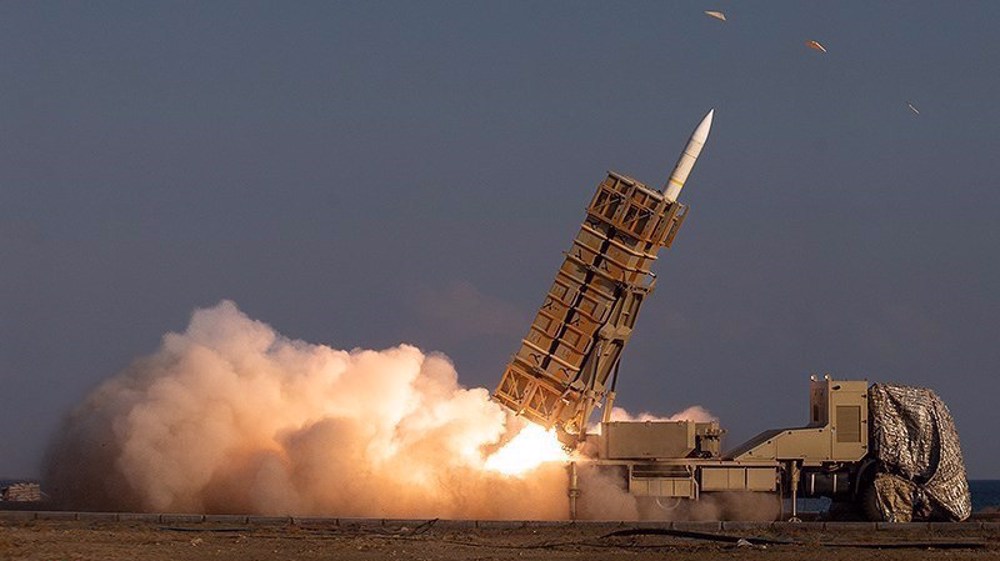
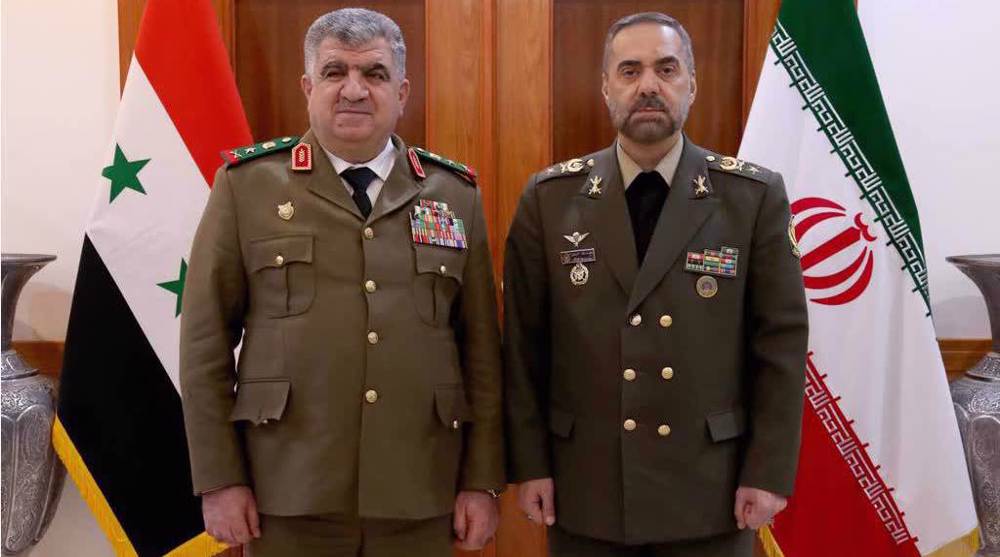
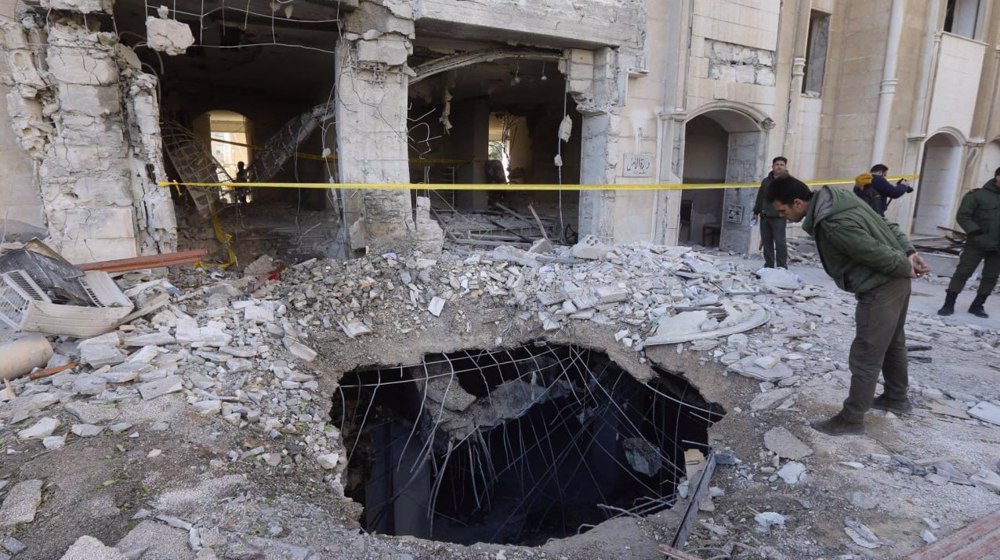



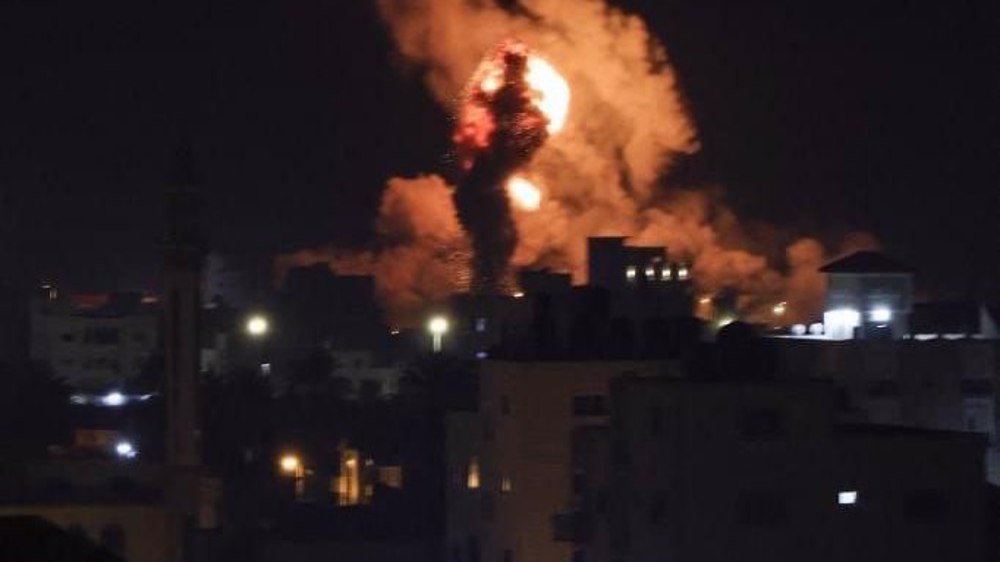
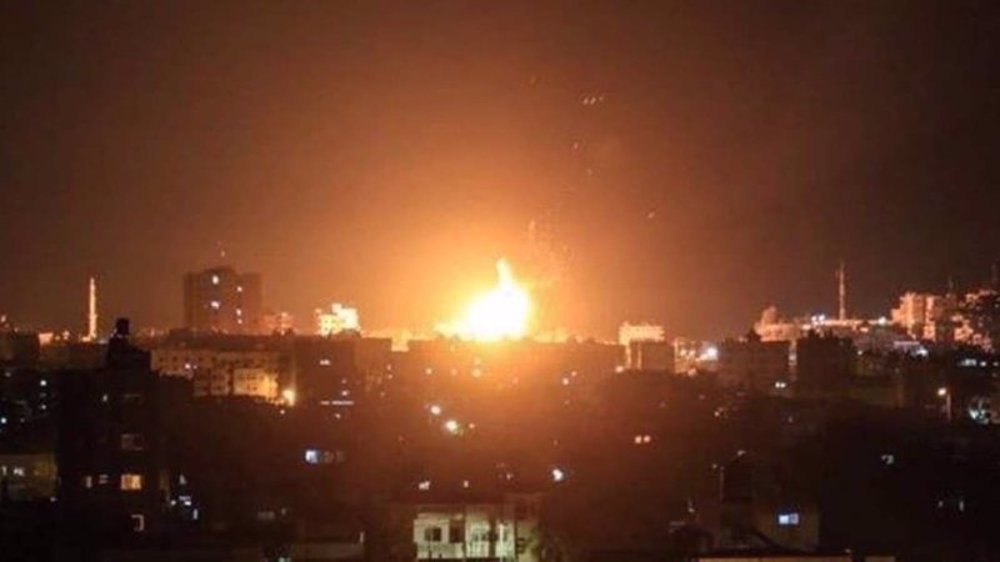
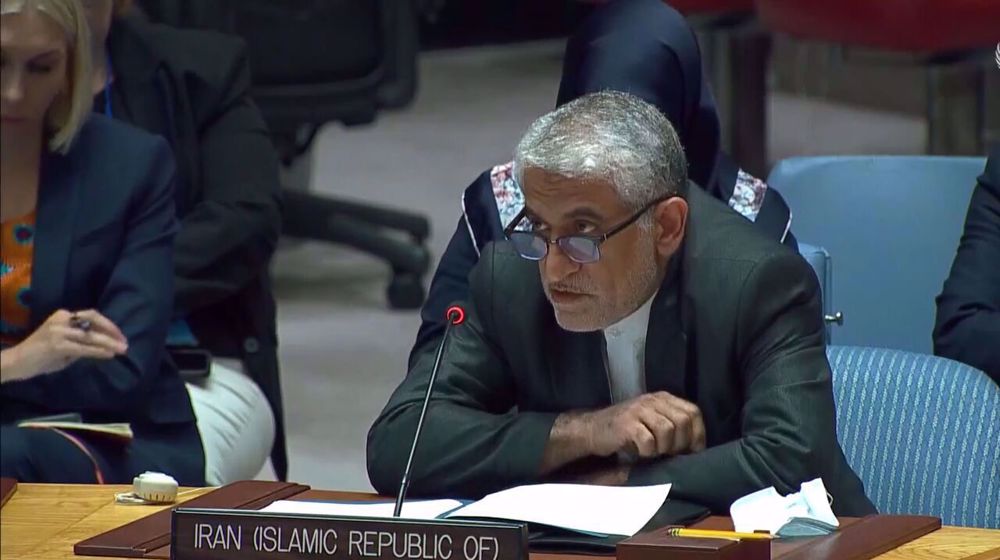
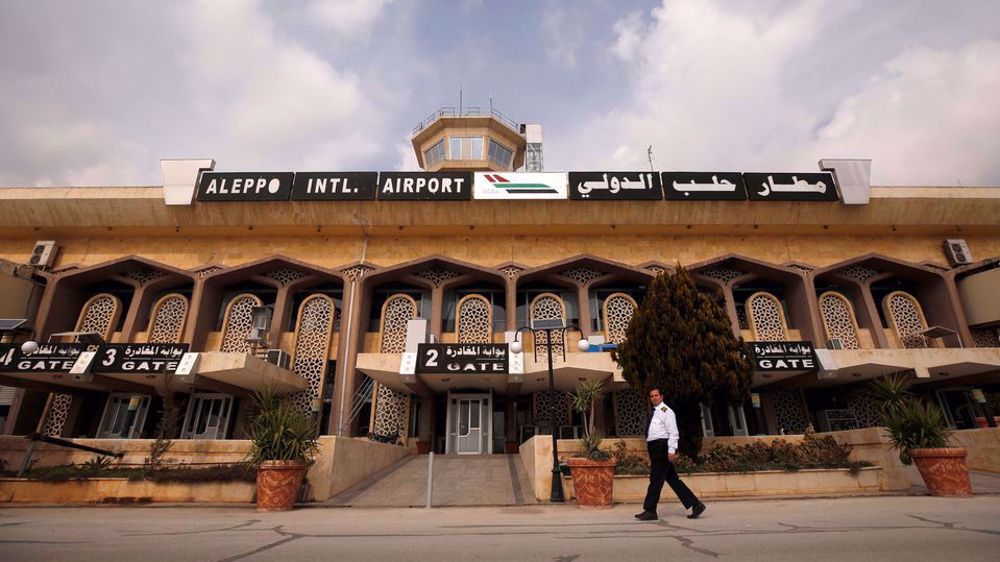

 This makes it easy to access the Press TV website
This makes it easy to access the Press TV website